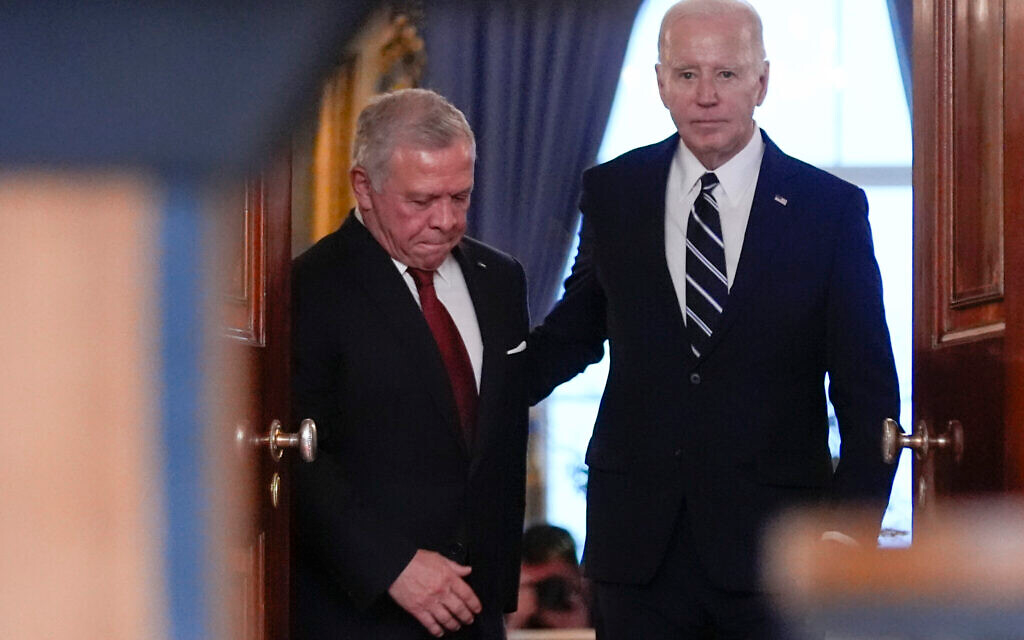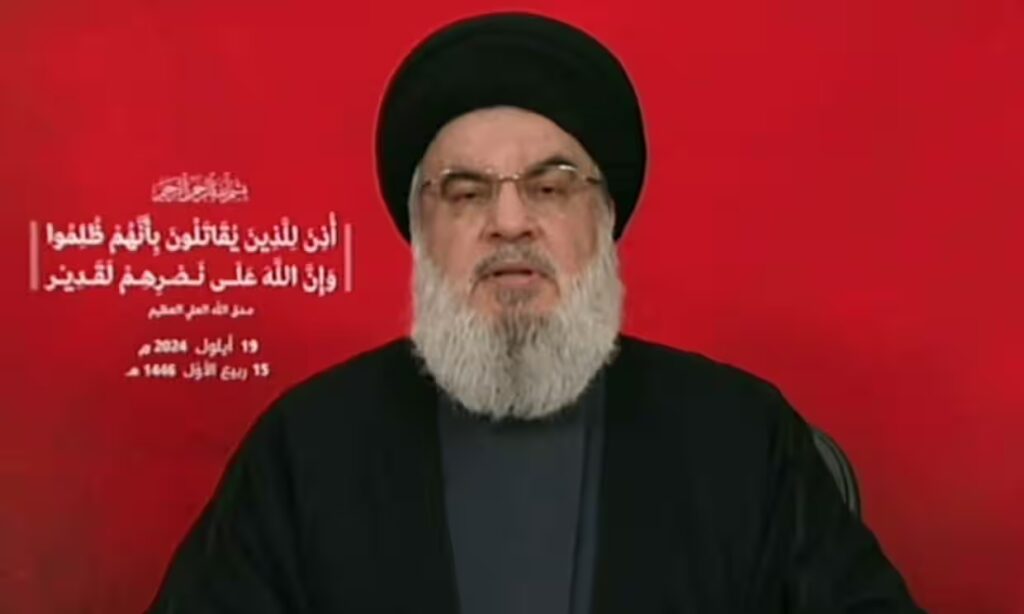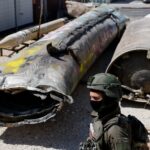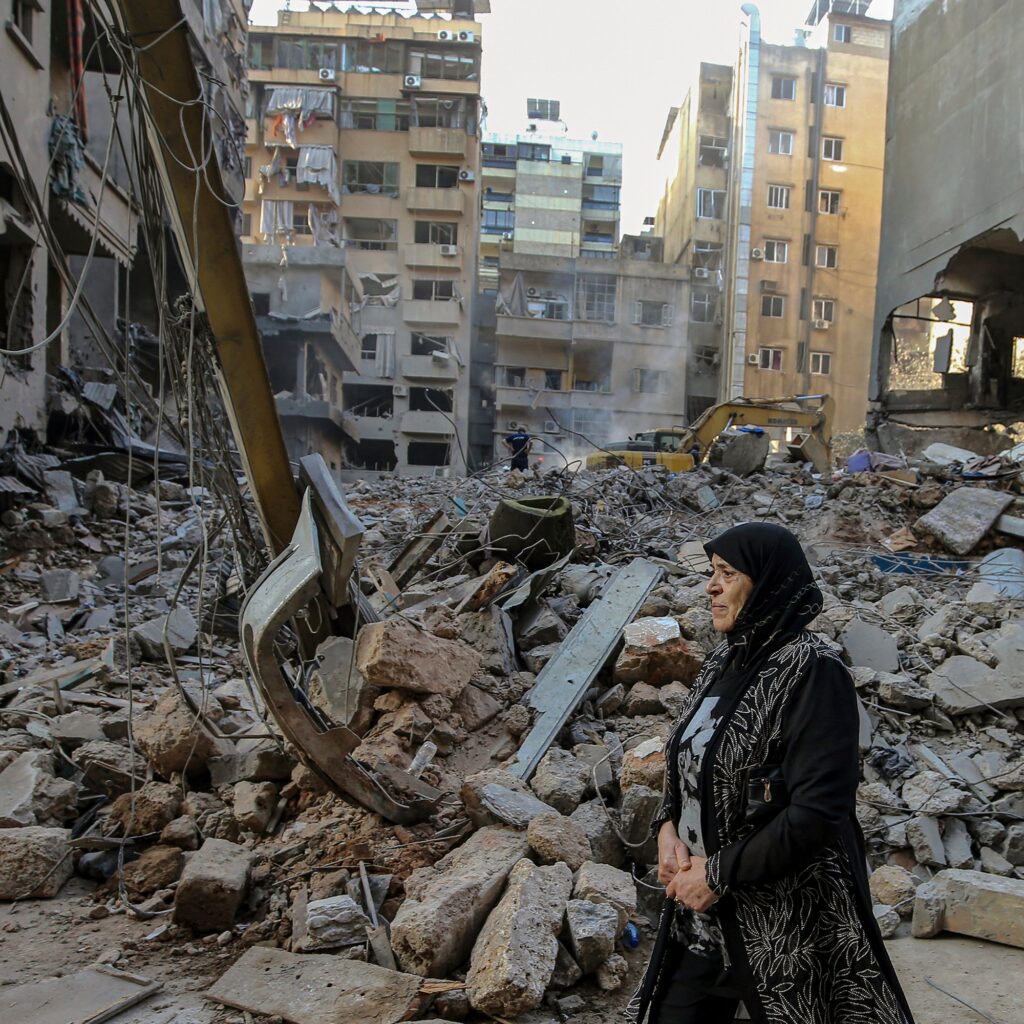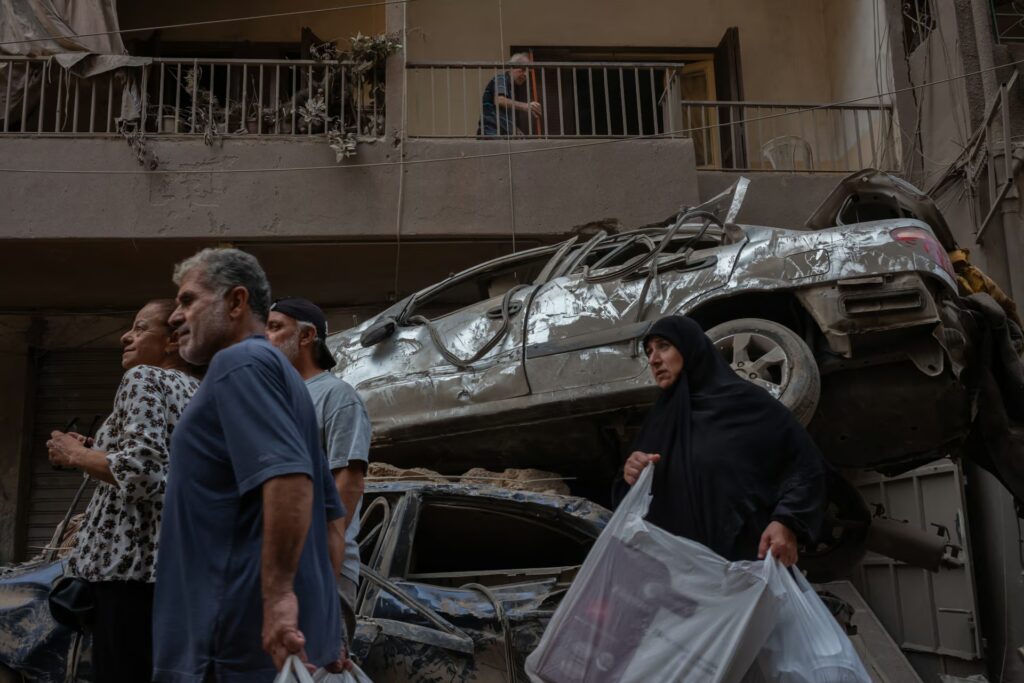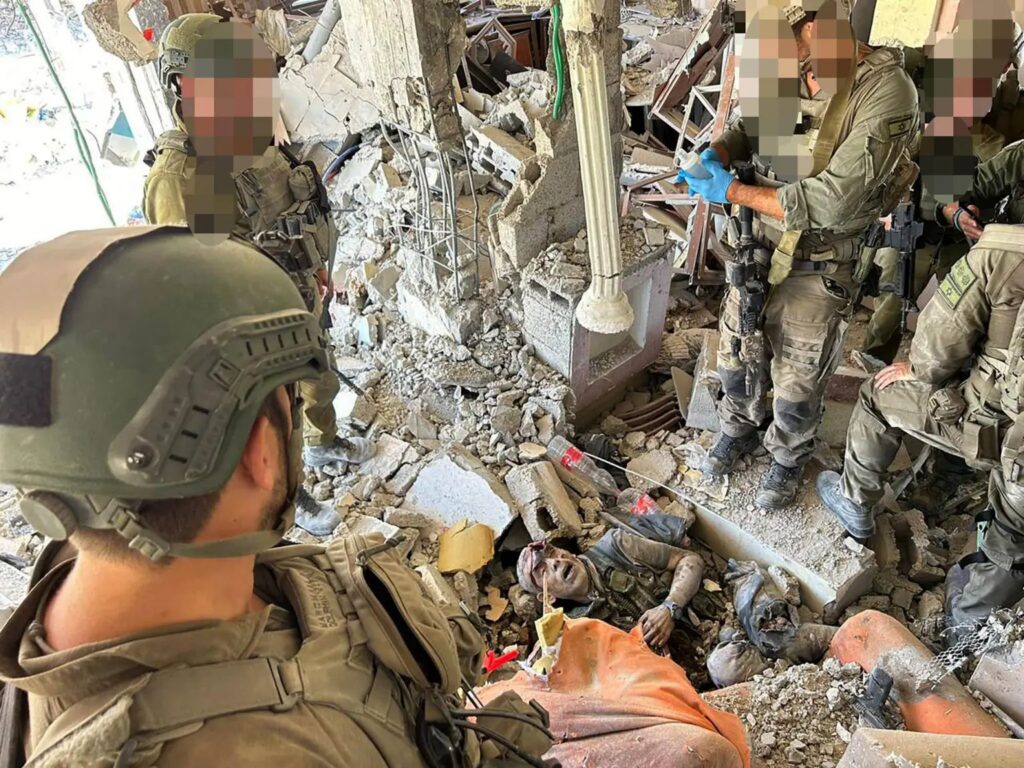In Odesa’s Shadows: What Is Russia’s Strategy in Moldova?
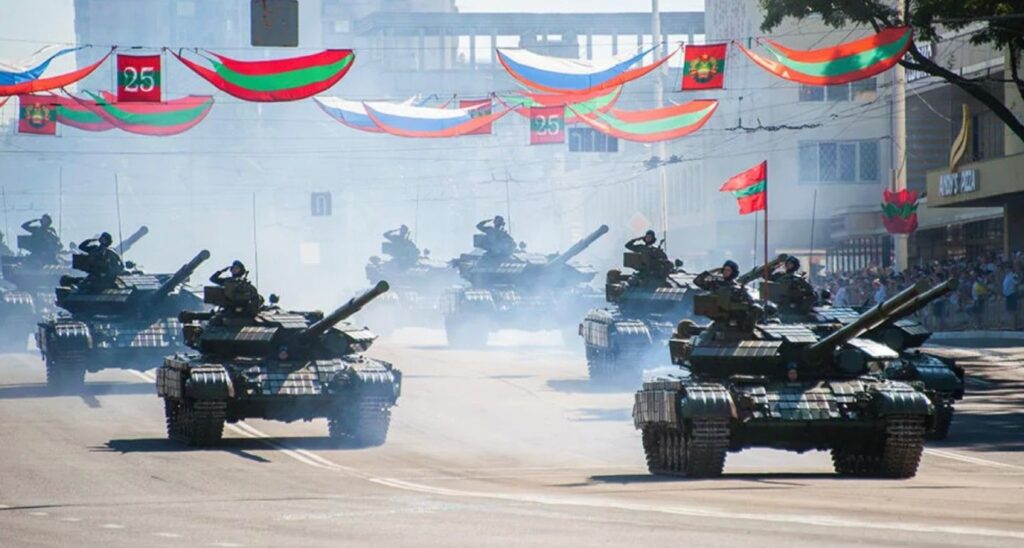
Moscow’s approach to Moldova is to play for time and keep the country in geopolitical limbo by stoking internal divisions, stalling reforms, and fueling disenchantment with the pro-European course.
An old Moldovan joke goes that the best sight to visit in Moldova is Odesa: a legendary Ukrainian port city on the Black Sea, just a few dozen kilometers from the Moldovan border, that has been publicly coveted by Russian President Vladimir Putin. In February 2022, the joke acquired sinister undertones when that proximity turned Moldova into another potential victim of Russia’s full-scale invasion of Ukraine. Throughout the war, there have been intermittent worries that Russian forces fighting inside Ukraine might seek to join up with the approximately 1,500 Russian troops stationed in Moldova’s breakaway region of Transnistria to open a new front against Ukraine, destabilizing Moldova’s pro-Western course in the process.


